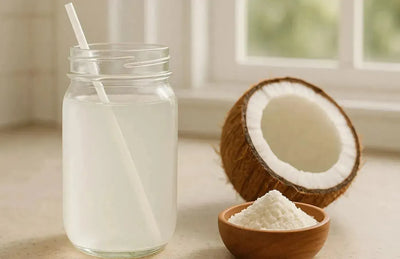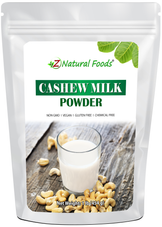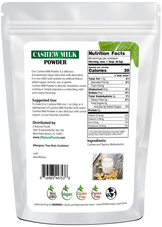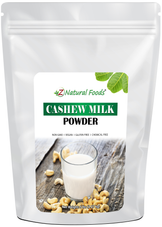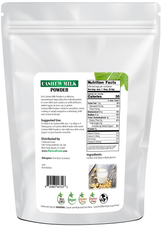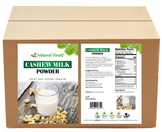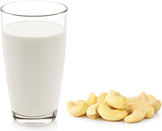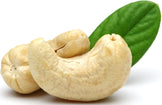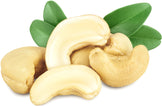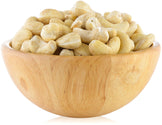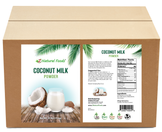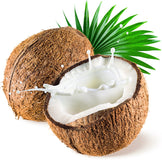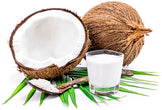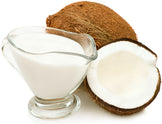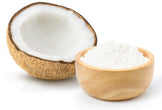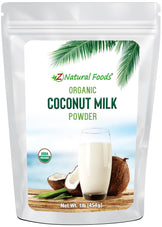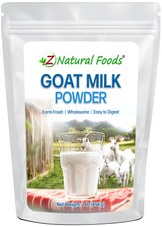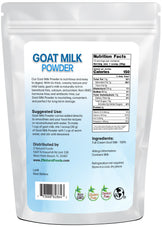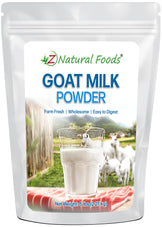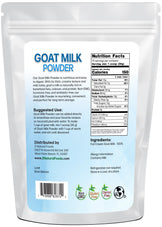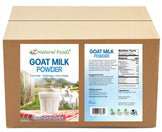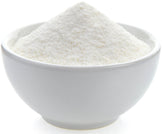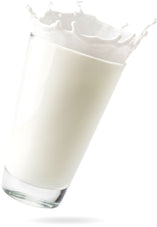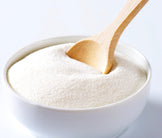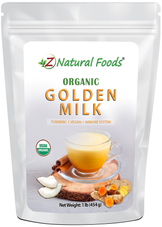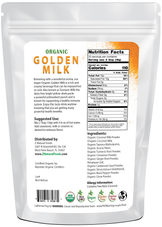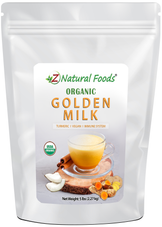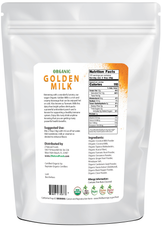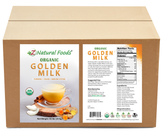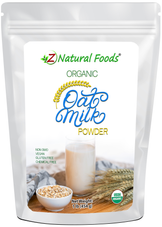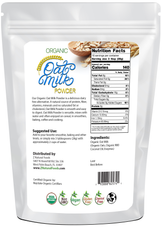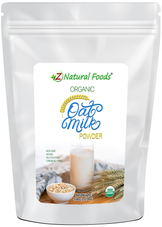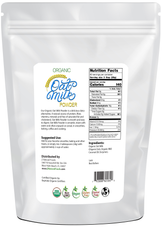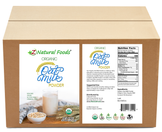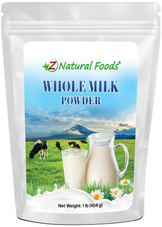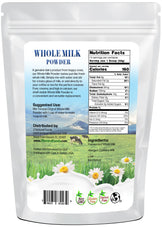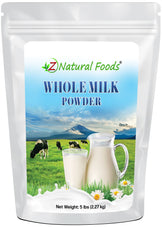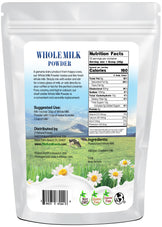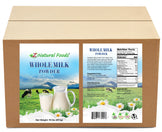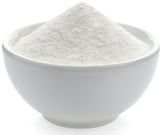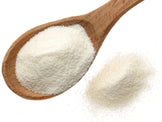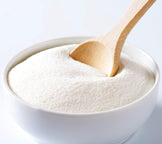Description
Description
If you have ever wondered what makes powdered coconut milk so nutritious, you have come to the right place.
Native to Southeast Asia and many other tropical regions worldwide, coconuts are a treasured food known for their ability to provide a highly nourishing and unique source of fats and nutrients.
Powdered Coconut Milk Nutrition Facts
The macronutrient content of coconut milk powder per tablespoon contains; 40 calories, 4 grams of fats, 2 grams of carbohydrates, 0 grams of protein, and 0 grams of sugar. Coconut milk powder also contains; vitamin C, E, B1, B2, B3, B5, B6, B9, calcium and more.
Because coconuts contain abundant raw materials, they are ideal for creating easy-to-use and highly versatile food products with limitless applications.
Let’s now get into the details and learn more about this incredible food.
Powdered coconut milk nutrition facts
Coconut milk powder is a dehydrated milk product made from the extract of mature coconut meat.
The nutritious fats in coconuts offer a fast and sustainable source of energy, and coconut's unique blend of micronutrients supports a perfect balance for quality nourishment.
Coconut milk powder is a deliciously creamy, dense white powder used as a dairy-free alternative to milk and cream in many recipes.
While coconut-based products have become increasingly popular over the last ten years, much is still being learned about the nourishing qualities of coconut milk.
According to the United States Department of Agriculture (USDA), one cup of coconut milk powder provides the following micronutrients:
- 4.5 mg of vitamin C
- 1.76 iu of vitamin E
- 0.024 mg of thiamin(B1)
- 0.024 mg of riboflavin(B2)
- 0.9 mg of niacin(B3)
- 0.06 mg of pyridoxine(B6)
- 24 mcg of folic acid(B9)
- 0.2 mg of pantothenic acid(B5)
- 0.32 mg of iron
- 0.3 mg of manganese (“Coconut Milk Powder (desiccated)”)
- 3.7 mg of Calcium
It should be noted that these numbers are based on RDA averages, as there are minor differences based on age and gender.
The macronutrient content of our coconut milk powder per tablespoon (6 grams) is the following:
- Calories: 40
- Protein: 0 grams
- Carbohydrates: 2 grams
- Fats: 4 grams
- Sugar: 0 grams
For information about the differences between coconut milk powder and coconut milk, please visit this helpful article:
Nourishing Qualities of Coconut Milk Powder
In the past, coconut was believed to be unhealthy due to its high saturated fat content.
However, it has now been shown that the fat contained in coconut is unlike any other fat on earth and has high nutritional value.
The Coconut Research Center explains, “The vast majority of fats and oils in our diets, whether saturated or unsaturated or come from animals or plants, are composed of long-chain fatty acids (LCFA).”
All fatty acids share the same basic structures;
- One carboxyl group is attached to a chain of carbon atoms. Long-chain fatty acids have 13-21 carbon atoms in their tails.
- Some 98 to 100% of all the fatty acids you consume are LCFA.
- Coconut is known to have MCFA or medium-chain fatty acids, also called MCT or medium-chain triglycerides containing 6-12 carbon atoms.
MCFA are metabolized by the human body differently because of their size.
They are rapidly broken down and go straight to the liver, which is used as an instant energy source or turned into ketones. Ketones are created when insufficient sugar or glucose supplies the body’s fuel needs.
Unlike the saturated and unsaturated fats in vegetable oils, eggs, milk, and meats, which contain LCFA, coconut is a rare dietary source of MCFA and, therefore, highly beneficial to the body and overall health.
Only recently has modern medical science unlocked the secrets to coconut’s unique healing powers.
Coconut’s fatty acid breakdown:
- Caprylic Acid C-8:0 (8%)
- Caprylic Acid C-10:0 (7%)
- Lauric Acid C-12:0 (49%)
- Myristic Acid C-14:0 (8%)
- Palmitic Acid C-16:0 (8%)
- Stearic Acid C-18:0 (2%)
- Oleic Acid C-18:1 (6%)
- Linoleic Acid C-18:2 (2%)
According to the Journal of the American Oil Chemists' Society article titled The properties of Lauric acid and their significance in coconut oil,
“the primary fatty acid of coconut oil is lauric acid, which is present at approximately 45–53 %.
The metabolic and physiological properties of lauric acid account for many of the properties of coconut oil.
Coconut oil is rapidly metabolized because it is easily absorbed, and lauric acid is easily transported.
Detailed studies have shown that most ingested lauric acid is transported directly to the liver, where it is converted to energy and other metabolites rather than stored as fat.
Such metabolites include ketone bodies, which can be used by extrahepatic tissues, such as the brain and heart, as a quick form of energy.
Studies on the effect of lauric acid on serum cholesterol are contradictory. Among saturated fatty acids, lauric acid has been shown to contribute the least to fat accumulation.”
As more research and quantitative data are released regarding this highly nourishing food's qualities and values, we do not doubt there will be many exciting facts to discuss in the future. Coconuts are an incredible functional food with unlimited nourishing potential for overall well-being.
For more information about our coconut milk powders, please go here:
For two very helpful resources about coconut milk, visit these articles:
